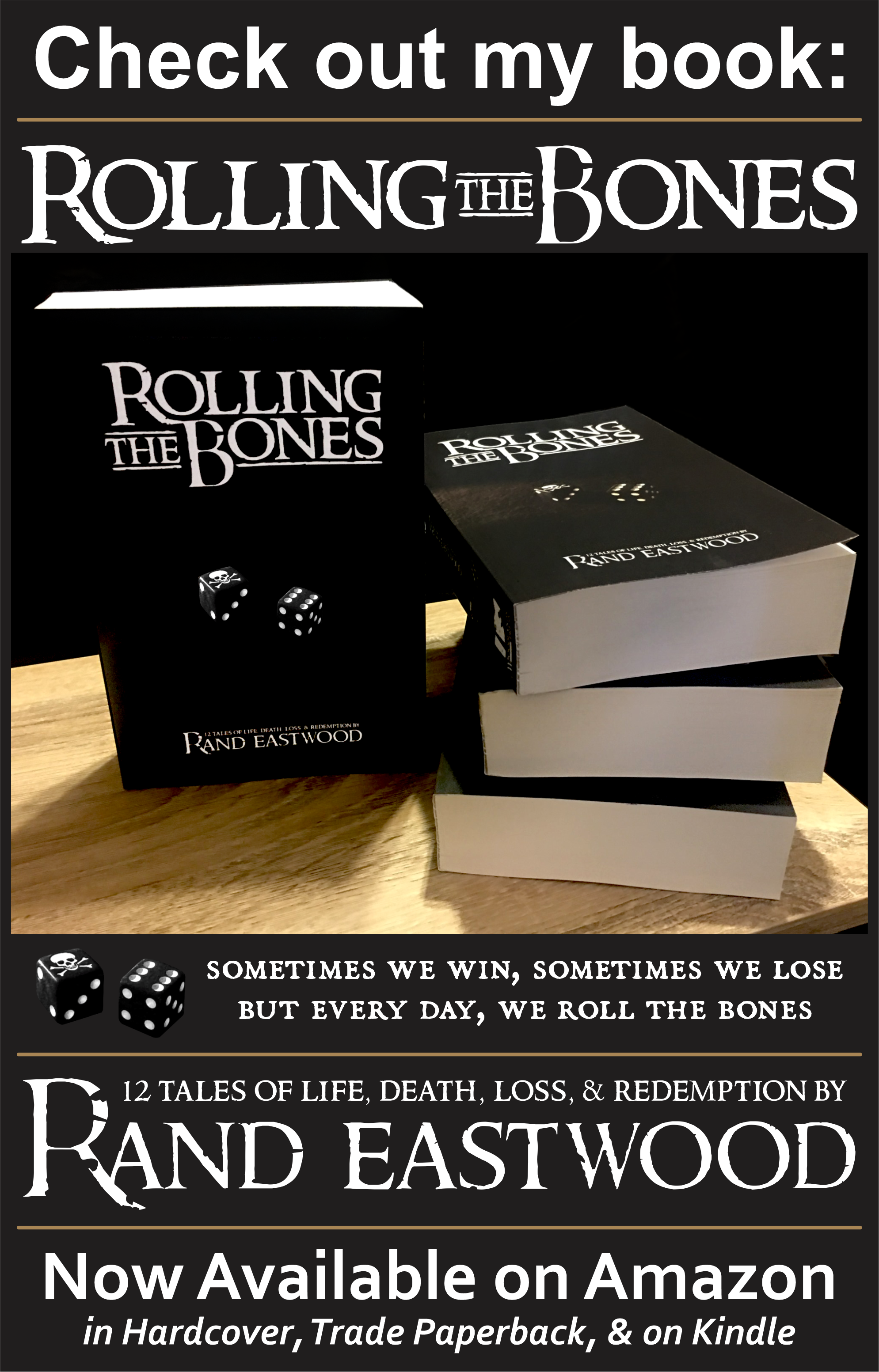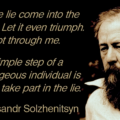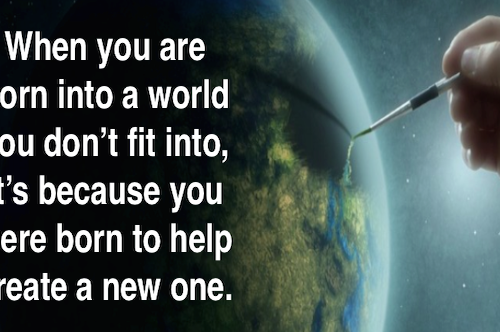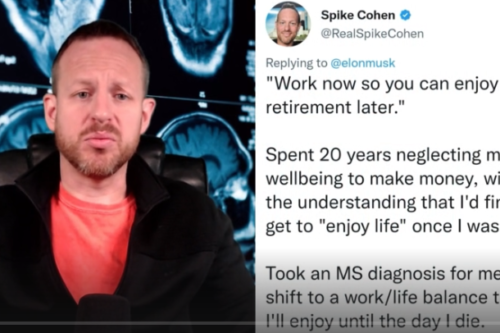I actually wrote this article back in 2014, but I believe the points are just as valid today, thought I’d re-share it:
Seems there’s another feud brewing in the publishing arena, this time between the French publisher Hachette, and Amazon, two real heavyweights in the industry.
According to a recent article published in The Guardian, Amazon sold $75 billion in goods online last year, and is estimated to sell 90% of ebooks in Britain. Hachette, on the other hand, is one of the world’s biggest publishers, whose parent company, French conglomerate Lagardère, earned €7.2 billion ($9.6 billion) last year from its print and broadcasting empire.
Now those are some heavy-hitters, so the world is watching and waiting.
But the traditional publishing industry still doesn’t get it—if they continue as they are, they will likely go out of business. And it’s not Amazon’s fault…it’s called progress. I particularly like the way Amazon Founder & CEO Jeff Bezos described this in December of 2013, in an interview with 60 Minutes (sorry, YouTube has since removed the video as “private”):
“The Internet is disrupting every media industry…you know, people can complain about that, but complaining is not a strategy…Amazon is not happening to book selling, the future is happening to book selling.”
The fact that so many people don’t seem to understand is that the Internet is changing the way people, around the world, are doing business. All “middleman” industries are being ousted, because they are no longer needed. People can now produce, market, sell, and distribute their own products and services directly to their own customers, around the world. Artists to patrons, teachers to students, producers to consumers. Before the advent of the Internet and related digital technologies, middleman industries profited enormously by simply standing between the producers and the consumers and controlling the avenues of marketing, advertising, sales, and distribution.
For example, when you buy a book from a bookstore, you’re not just buying it from the retailer; you’re buying from the retailer, who buys if from the distributor, who buys if from the publisher, who buys if from the author. Everyone all along the line gets a piece of the pie, marking the price up higher and higher in order for each to make a profit—and that’s why one hardcover book—essentially just a bound stack of paper—can run $25 to $35, or even more. It’s ridiculous. And now, it’s unnecessary.
Today, the Internet is eliminating the need for all those middlemen, thus vastly decreasing costs to consumers while increasing choices (and, at the same time, increasing the profits for the actual producers of the work), by enabling producers to market, sell, and ship directly to their consumers. But over the years these middlemen have become multi-billion-dollar industries, and aren’t going to just quietly go away; they’re going to go down swinging.
I find it quite humorous that a group of some 900 authors—including some industry heavyweights such as Stephen King and John Grisham (you know, those millionaire authors who want you to keep paying top dollar for their hardcover books) have weighed in on the side of their publishers, rather than their readers, signing an open letter against Amazon. To me, the letter rates some serious eye-rolling and head-shaking, as it encourages readers to harass Amazon CEO Jeff Bezos via email, justifying this action with such weighty statements as:
“…we encourage Amazon in the strongest possible terms to stop harming the livelihood of the authors on whom it has built its business…”
and
“(We’re not alone in our plea: the opinion pages of both the New York Times and the Wall Street Journal, which rarely agree on anything, have roundly condemned Amazon’s corporate behavior.)”
Yeah, I know whenever I see interviews of Stephen King on a movie set or clips of him yucking it up on the set of the hit TV series Under The Dome, I’m really concerned about Amazon’s pricing policies “harming his livelihood.” And the way I see it, these established authors mentioning that they have the New York Times and Wall Street Journal on their side—yet two more titans in the industry that are being eclipsed, if not wiped out, by the Internet—is hardly persuasive for people to join their cause. Just the opposite, in fact.
(Well, actually, come to think of it—without newspapers, what would we line our rat and bird cages with?)
But that’s not all, folks! Seems another group of authors have stepped up to the plate, with nearly 1,200 German-language authors adding their names to a similar letter, criticizing Amazon’s tactics against the Stockholm-based publisher Bonnier—though I’ll have to take the media’s word on this one, I can’t read a word of it! (And besides, the website where the letter was published has since gone defunct).
It’s evident that the traditional publishing industry is rolling out some big guns to fire a few warning shots across Amazon’s bow—but, as one might suspect, if one is actually living and doing business in the 21st century, the old guard is vastly outnumbered: a group of over 8,500 readers and writers (and growing)—including popular self -published authors Joe Konrath and Hugh Howey—have countered with a letter and petition of their own, entitled Stop fighting low prices and fair wages, which praises Amazon for working in the best interests of both their authors and their readers—as opposed to the traditional publishing industry working in the best interests of…well, the publishing industry:
New York Publishing once controlled the book industry. They decided which stories you were allowed to read. They decided which authors were allowed to publish. They charged high prices while withholding less expensive formats. They paid authors as little as possible, usually between 2% and 12.5% of the list price of a book.
Amazon, in contrast, trusts you to decide what to read, and they strive to keep the price you pay low. They allow all writers to publish on their platform, and they pay authors between 35% and 70% of the list price of the book.”
Major publishers like Hachette have a long history of treating authors and readers poorly. Amazon, on the other hand, has built its reputation on valuing authors and readers dearly. The two companies didn’t simultaneously change directions overnight.”
The reason for this anger is simple: Many in publishing blame Amazon for the natural and inevitable transition to online book sales. This same transition has happened with other forms of entertainment. Rather than innovate and serve their customers, publishers have been resisting technology. They could have invented their own Internet bookstores, their own e-readers, their own self-publishing platforms. Instead, fearing the future, they fought to protect the status quo.”
At this moment, one of the largest publishers in the world, Hachette, is battling Amazon for control over book prices. In this war, Hachette is using its authors as emotional ammunition. Hachette wants to control the price of its titles and keep those prices high, while Amazon wants to keep those prices reasonable. You may not realize this, but when Amazon discounts books, authors (and Hachette) still get paid the full amount. Discounted Amazon books do not hurt authors or publishers at all. In fact, discounted Amazon books help authors and publishers sell in higher volume while earning publishers and authors the same per-unit amount.”
Authors benefit because now, thanks to Amazon, they no longer have to beg and plead to have their work published—they can publish it themselves, for free, on Amazon’s Kindle Direct Publishing platform, which includes digital books, paperbacks, and now even hardcovers. And, even better, authors can keep up to 70% of the proceeds of their book sales, instead of the paltry 2% – 12.5% table scraps that traditional publishers might throw their way. Oh—and what’s more: the authors keep the rights to their work, rather than consigning them to their publishers in order to get published!
In other words, Amazon acts more like the author is…well, THE AUTHOR. It can take years to write a novel; why does the publisher make most of the money, while sharing a humiliating, insultingly tiny portion of the profits with the actual creator of the work? Easy: for eons, they had the market tied up, and authors had no choice.
But now they do.
And, publishing with Amazon is practically instantaneous: within 24 hours on Kindle, and within a few days (or a couple weeks if you want to review a printed proof first) for print books. Publishing with a traditional publisher (if they even deem to “accept” your work, that is) can take up to a year or longer. *YAWN*
Readers also benefit because now, thanks to Amazon, they can buy books at prices as much as 40% (or more) off retail, and can buy used copies even cheaper, and in many cases—especially as an Amazon Prime member—get the added benefit of free 2-day shipping. There’s no longer any reason to fight traffic, brave the weather, burn $4/gal gas, look for parking, scour the store, deal with predominantly unknowledgeable retail employees—only to pay nearly twice as much for the book at the bookstore (that is, IF they actually have it in stock; practically every book I look for at my local retail chain bookstore isn’t in stock, and the salesperson, amazingly, always says “But we can order it for you.” No thanks, I can order for myself. From Amazon. At almost half the price. And they’ll have it in stock. And ship it to me for free. But I’ll take a cup of coffee, to drink while I read my Kindle…
So in summary: thanks to Amazon, millions of authors are getting published who wouldn’t see the light of day through the traditional publishing industry; all Amazon authors have the opportunity to make the lion’s share of the profits from their work, as it should be; and millions of readers are saving billions of dollars and lots of headaches by buying their books from Amazon.
So remember: It’s not Amazon that is putting the publishers, and the bookstores, out of business; it’s the authors and readers…aka, THE CUSTOMERS.
It’s the authors and readers, the artists and the patrons, the producers and the consumers, the sellers and buyers who are doing business a better way now, via the Internet, that are threatening to put the traditional publishing industry out of business. STOP BLAMING AMAZON! They’re just giving people what they want.
And that’s the beautiful thing about free-market enterprise (aka Capitalism): the more people you serve, and the better you serve them, the more successful and prosperous you become.
Pretty simple stuff.
Like/Follow INSIGHTS Blog on FB • Visit Lifeology Store • Like/Follow Lifeology Store on FB • View Rand’s Books
A Note To Readers:
If you found this article (or any of the others, for that matter) interesting, informative, entertaining, etc., please consider subscribing to the INSIGHTS email newsletter: simply enter your email into the form below (also in the right sidebar)—or, if you prefer, just use this simple quick sign-up form.
↓↓↓ Also, please hit the “Like” (thumbs up) button below. Thanks! ~ Rand
















